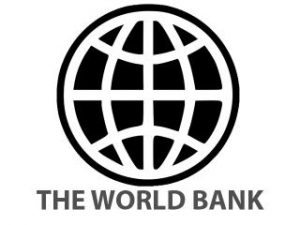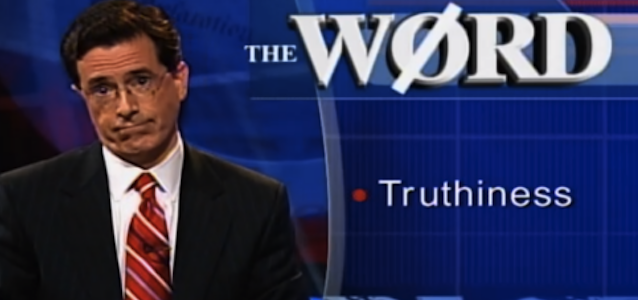Beware Experts Who Confuse and Conceal
Beware Experts Who Confuse and Conceal

Paul Romer
On July 18, the World Bank announced it had appointed as its Chief Economist Paul Romer from New York University’s Stern School of Business. Romer has been involved in a nasty fight with eminent economists for his article attacking “mathiness” in economics – a variant on Stephen Colbert’s “truthiness.” In the pages of the American Economc Review – the most prestigious journal – Romer lit into economists – attacking by name two Nobel Prize winners, Edward Prescott and Robert Lucas (who had been Romer’s PhD advisor) – for their complex models which do not actually depict reality:
“Presenting a[n economic] model is like doing a card trick. Everyone knows that there will be some sleight of hand. There is no intent to deceive because no one takes it seriously. Perhaps our norms will soon be like those in professional magic: it will be impolite, perhaps even an ethical breach, to reveal how someone’s trick works.”
“No one takes it seriously” – except the investors at the world’s largest financial institutions who invested hundreds of billions into complicated financial products which economic models showed were safe and profitable.
It is hard to overstate how badly economists have done at explaining the economy much less making predictions (confession: my PhD is in economics and I was an economist for the World Bank and IMF). The problems were not exactly hard to find. Romer showed that some of the most respected economists commit elementary mathematical mistakes in building their models. He concluded, “Neither colleagues who read working papers, nor reviewers, nor journal editors, are paying attention to the math.”
It would be nice to think that only economists make the mistake of thinking they know much more than they actually do. Unfortunately, they have lots of company from experts in other fields. All too often, “group think” sets in, with experts thinking that since everyone else is doing “it,” “it” must be the right thing to do.
Lesson for business negotiating: never take at face value what you are told, no matter what fancy arguments from seeming experts are used. Verify everything with people who have practical experience. If it doesn’t feel right, mistrust it even if you cannot articulate why and all the experts tell you that you are wrong.
More about the “mathiness” controversy: HERE

